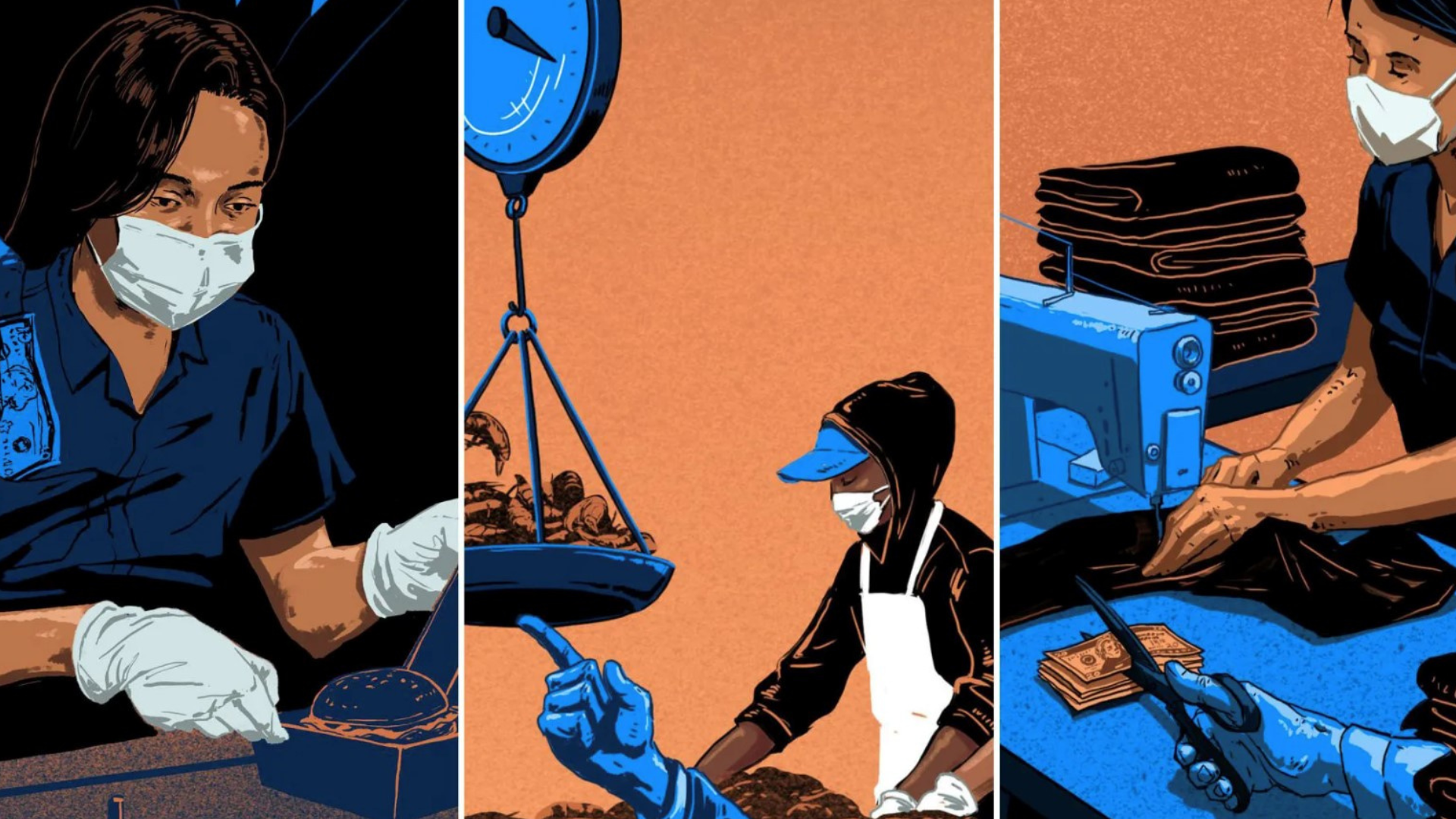For an in-depth look at the U.S Department of Homeland Security’s announcement, check out WR’s upcoming webinar on May 31, 2023 at 11 AM PST.
On January 13, 2023, U.S. Department of Homeland Security (DHS) announced an initiative to extend more protection against deportation for undocumented immigrants who report labor rights violations by employers. These protections are meant to allow undocumented workers to speak out about labor violations without fear of retribution. With this enhanced initiative, DHS provides an improved legal process for whistleblowing undocumented immigrants to defer removal (deportation) from the United States for two years and obtain a temporary work permit. Although DHS has explained that this policy is to protect workers from “unscrupulous employers”, any employer could potentially find themselves in a situation in which this issue arises and will need to understand the new policy.
_____
Q. What do employers need to know?
A. Employers should continue to comply with all applicable federal, state, and local labor laws. Labor laws are not impacted by this update. Rather, the DHS is streamlining certain protections to undocumented whistleblowers who cooperate with investigators.
Q. What government agencies are/could be involved?
A. Any labor and employment agencies – at the local, state, Federal level – can seek DHS support in an ongoing investigation or enforcement action related to a potential labor and/or employment law violation.
Q. What workers may benefit from this policy?
A. This policy only benefits undocumented workers that fall within the scope of a labor or employment agency investigation. The request for protection via deferred action must be initiated by the labor or employment agency.
Q. What benefits does this new policy provide?
A. This initiative provides protections from deportation (or removal) through deferred action and, if the undocumented worker can demonstrate “an economic necessity for employment”, they may receive temporary work authorization.
Q. What is deferred action?
A. Deferred action is the determination to defer removal (or deportation) as an act of prosecutorial discretion. Deferred action recipients do not obtain lawful immigration status but do benefit from being considered lawfully present while in a period of deferred action. However, their prior period(s) of unlawful presence are not excused. In other words, deferred inspection is not a permanent solution, but a temporary benefit that will allow individuals to obtain certain benefits such as work authorization and a social security number.
Q. This initiative appears to only apply to undocumented workers, how will Employers be impacted?
A. Undocumented workers have always been able to make claims against their employers for labor law violations. This initiative is best understood as a tool for labor and enforcement agencies to support undocumented worker victims or witnesses. Individuals who may have been scared to come forward before, may do so if they believe that they may be eligible for certain benefits and protections.
Q. What are the most common claims?
A. Employees who blow the whistle can allege any number of claims, including but not limited to failure to pay wages pursuant to state/federal law, unsafe working conditions, missed meal period and/or rest breaks, wrongful termination, and discrimination.
Q. What can employers expect?
A. The new policy may create an incentive for undocumented workers to bring claims against employers that have little or no merit. This may result in undocumented workers pursuing labor and employment claims against their employers, including wage and hour and EEO claims.
Q. How can employers best prepare in light of this announcement?
A. Many employers hire individuals who are not authorized to work in the U.S. for a variety of reasons. For example, an employer may have difficulty finding qualified employees, have a desire to pay less than what is required by law, or the lack of documented status may even be unknown to an employer. However, employers should take immediate action to ensure that they are complying and that they are hiring individuals who are authorized to work in the U.S. Employers should conduct internal audits, including wage and hour and Form I-9 audits, with the assistance of legal counsel to ensure compliance. Lastly, employers should work with legal counsel to ensure that they have appropriate policies and practices related preventing and investigating harassment and discrimination.
______
Although this initiative is meant as a tool to help enforce current employment and labor laws, it may bring increased baseless complaints with an added level of complexity – how do you negotiate with an employee seeking a benefit that requires a favorable finding by a labor enforcement agency? The best way to protect an entity and employees is to ensure compliance. Accordingly, there is no time like the present to review current policies and verify compliance.
By:
Hieu T. Williams, Partner, Hirschfeld Kraemer LLP
Kimberley Best Robidoux, Partner, WR Immigration
Josune Aguirre Gamez, Senior Associate, WR Immigration
Laura Bloniarz, Senior Associate, WR Immigration


